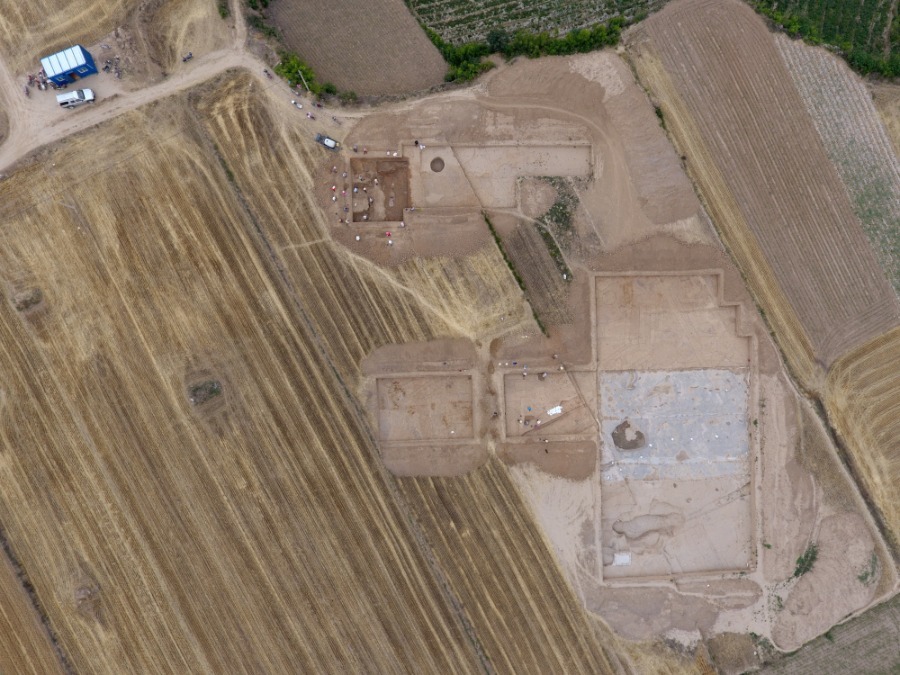

Liu, director of the NCHA, says a more dynamic system nurturing archaeology-related expertise will be explored in the 14th Five-Year Plan. For example, vocational education will play a bigger role in training relevant technicians, and "stronger presence of social forces "will be seen in archaeological work.
"The measures will keep a balance between protection of cultural relics and economic development," he says.
Thanks to the public's rising consciousness about relic protection in recent years and officials' efforts at the two sessions, some issues will be resolved.
For example, Nanjing in Jiangsu province promulgated the country's first city-level rule in 2019, which specifies that well-planned archaeological research needs to be done before land is transferred for urban construction. The rule is set to avoid economic loss or damage to heritage sites when relics are accidentally discovered during urban construction. It will also avoid disputes between archaeologists and developers because of their conflicting schedules.